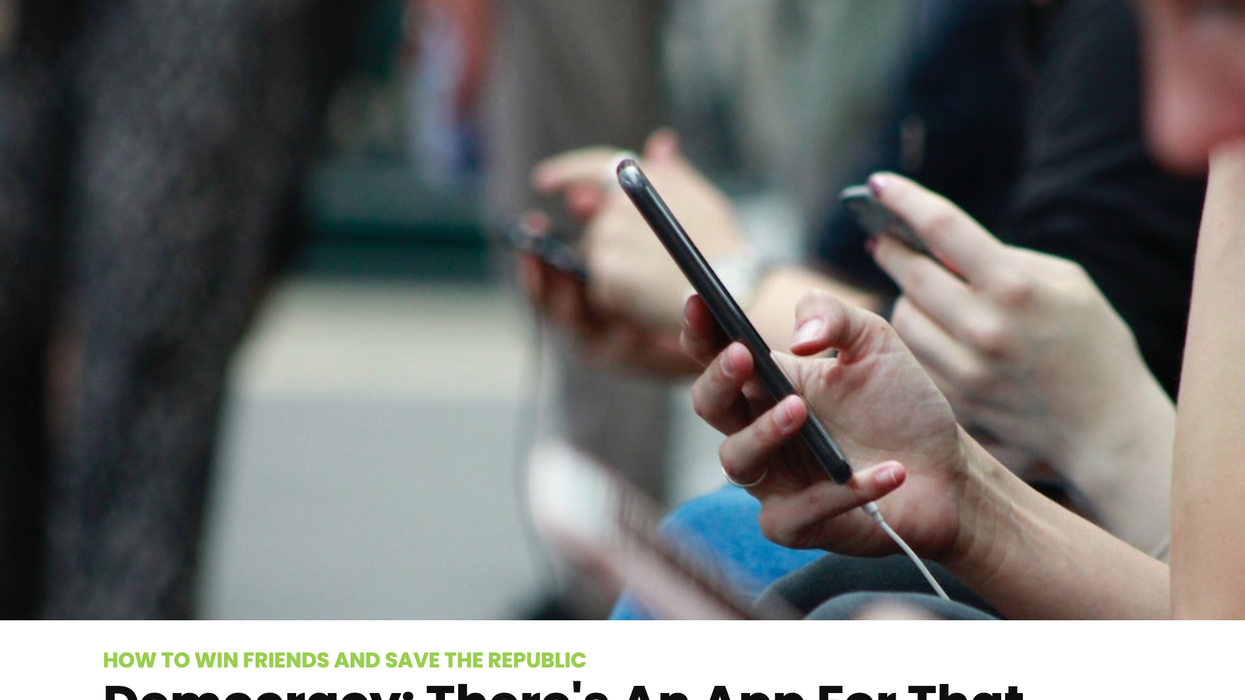In this episode of How to Win Friends and Save The Republic, a podcast from the National Association of Nonpartisan Reformers, special guests technology gurus Sara Gifford and Victor Allis talk about their app, ActiVote, which helps people increase their civic engagement by completing meaningful, daily actions.
Podcast: Democracy -There's An App For That




















Marco Rubio is the only adult left in the room